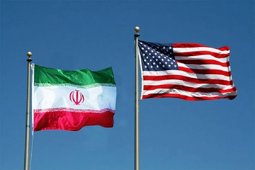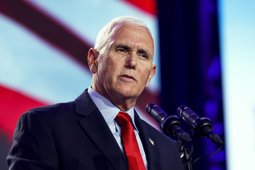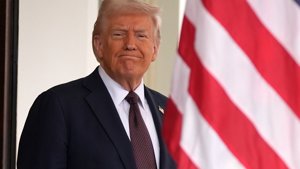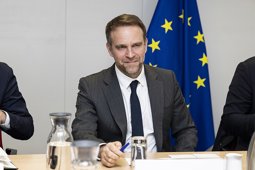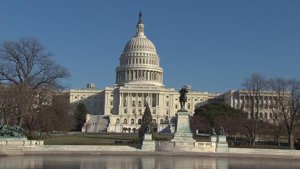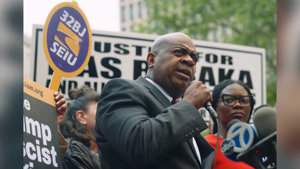
Israel Strike Gives US Nuclear Talks Leverage
Experts say Israel’s strike on Iran strengthens the US hand in nuclear talks and creates a strategic opening for renewed diplomacy.
Coordinated Operation Reshapes Nuclear Negotiation Landscape
Israel’s targeted military operation against Iran’s nuclear and military infrastructure has created a rare strategic window for the United States in ongoing nuclear negotiations, according to analysts. The strike, executed by Israeli forces but closely coordinated with the United States, marks a turning point in efforts to pressure Tehran back to the bargaining table.
The Israeli military confirmed that while US troops did not participate in the attack, defense cooperation remained active throughout the operation. Real-time intelligence sharing and continuous contact characterized the joint response, particularly as US forces helped intercept Iranian missile attacks on Tel Aviv during Iran’s retaliation on Friday.
“This was an Israeli operation,” an official from the Israel Defense Forces stated, “but we were closely coordinated with the Americans. There was real-time intelligence and continuous contact.”
Avner Golov, vice president of Mind Israel, emphasized that Israel’s approach sets a model for responsible partnership, delivering strategic results while requiring only minimal US support. “We’re not trying to pull the US in — Israel is the right model for what a responsible ally looks like: doing the hard work, asking for minimal support, and delivering strategic value,” he said. “Israel achieved this result in just a few days. It was effective and disciplined. We don’t want to stay in a prolonged war — and certainly don’t want to drag the US into one.”
Diplomatic Window Opens as Military Pressure Grows
US officials, including Robert Greenway, director of the Allison Center for National Security, point out that President Trump has distinguished the strikes as unilateral Israeli actions. This messaging aims to protect American assets from Iranian retaliation, but makes clear that any attack on US interests would change the calculus. “If US assets were attacked, we would become a participant — and Iran can’t handle Israel, let alone the United States,” Greenway said.
Greenway noted that President Trump continues to prefer a diplomatic solution, stating, “The President made it clear that he preferred a diplomatic solution. I believe that was sincere, even though he knows the Iranians full well. He anticipated that the prospects might have been remote — but it was worth trying.”
Israeli analyst Nadav Eyal described the operation as a deliberate “bad cop, good cop” approach, with Israel applying military pressure and the US positioned to extract diplomatic gains. “The president is basically saying this on the record: you’ve got hit by the Israelis. Now we’ve signed a good agreement, and we’re ready to sign an agreement,” Eyal explained.
Golov framed the Israeli campaign as a three-pronged effort: targeting Hamas in Gaza, neutralizing Iran’s regional proxy network, and now striking at Iran’s nuclear program directly. “Over the past year and a half, we’ve struck both of those arenas and gained superiority. Now, we’ve initiated an operation against the third strategic asset.” He emphasized that the next step is for the US to make clear that further escalation by Iran will result in American consequences, fundamentally shifting the stakes.
Greenway agreed that the timing favors the United States. “Having taken the strike, as the President said, perhaps this does open the door to continued negotiation. There are obviously different circumstances now. Iran has less capacity than it did yesterday — and will have even less tomorrow. At some point, I think there’s a good possibility they’ll choose to negotiate.”
The operation also highlighted American resolve. As Iran launched missiles at Israeli cities, US forces provided support in intercepting the attacks, demonstrating commitment without escalating the situation further. “From a strictly military standpoint, this is a window of opportunity,” Greenway said. “This is our best collective opportunity to do as much damage to Iran’s nuclear program and to their offensive retaliatory capabilities as possible.”
President Trump’s administration withdrew from the previous Iran nuclear deal, citing its inability to prevent long-term Iranian ambitions. Now, analysts suggest, the US is in its strongest position to propose a revised agreement — one that could allow Iran civilian nuclear development under strict terms but firmly prohibit weapons capability.
Golov concluded, “Eventually, the Iranians will have to agree to the American proposal — and that proposal should be on the table now.” With regional dynamics dramatically altered, the coming days may prove decisive for diplomatic efforts on Iran’s nuclear future.

